MGM Springfield Supports Nearby Holyoke with Second $200K Mitigation Grant
Posted on: June 23, 2023, 10:41h.
Last updated on: June 23, 2023, 12:14h.
Under Massachusetts’ 2011 Expanded Gaming Act, MGM Springfield is required to direct 6.5% of its gross gaming revenue to the state’s Community Mitigation Fund. The fund, which is administered by the Massachusetts Gaming Commission, supports communities and governmental entities in offsetting impact costs related to the operation of nearby casinos.
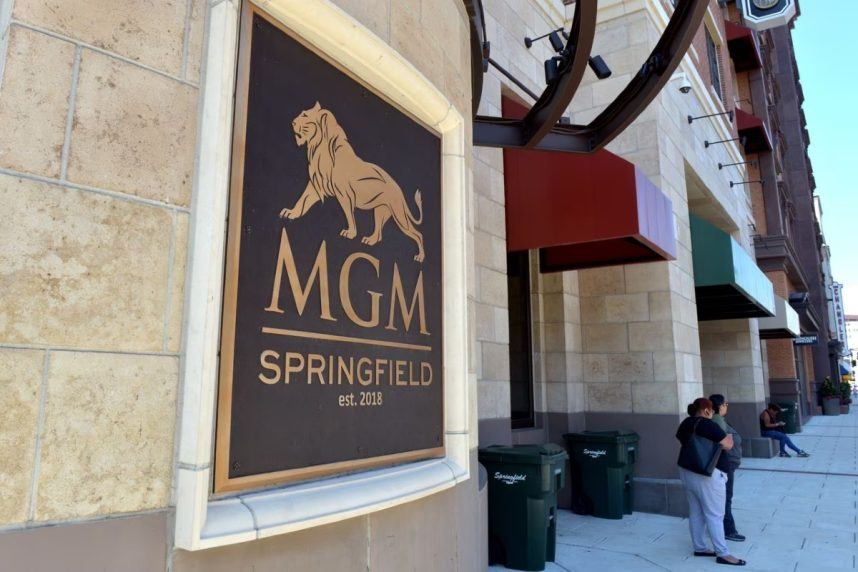
Holyoke is just north of Springfield along the Connecticut River’s western bank. The Hampden County city submitted its 2023 Community Mitigation Fund Grant Application in January.
This week, the MGC agreed to award Holyoke the $200K that city officials requested for the promotion of tourism and marketing initiatives. This year marks the 150th anniversary of Holyoke being incorporated in the commonwealth. The $200K grant will help the city, which is home to roughly 39K residents, fund its sesquicentennial celebrations and promote itself in the future.
Aaron Vega, the director of Holyoke’s Office of Planning and Economic Development, said the money will also support the creation of a new tourism website for the town and help implement the city’s historic tourism plan. The remaining funds will go to the Holyoke Public Library and the city’s historical commission.
Other Massachusetts cities seeking 2023 grants through the Community Mitigation Fund include Everett, Malden, Revere, and Foxboro.
Casino Corridor
Along with the aforementioned allocations, Vega says city officials are considering launching a shuttle service that would better link MGM Springfield with Holyoke.
The shuttle service will create more convenient transportation between MGM Springfield and Holyoke that will incentivize residents and visitors of Holyoke to go to the casino,” Holyoke’s grant application explained. “Additionally, it will be a cross-marketing opportunity for both the casino and the City of Holyoke.”
The shuttle is expected to play a critical role in fostering Holyoke’s tourism initiatives and economic goals, Vega explained.
“We’re going to capitalize on the fact that more people are coming to Western Massachusetts because of the casino,” Vega told The Republican.
This marks the second time that Holyoke has received a $200K allocation from the casino fund. In 2019, the city used a similar grant to establish its tourism plan.
The Community Mitigation Fund offers grants for eight distinct causes, which include transportation planning, transportation construction, projects of regional significance, workforce development, community planning, public safety, gaming hard reduction, and specific impacts relating to the operation of a gaming establishment.
Casino Taxes
Massachusetts places a 25% tax on gross gaming revenue generated by its two Category 1 commercial resort casinos, MGM Springfield and Encore Boston Harbor. The state taxes the slots-only facility, Plainridge Park, significantly higher at 49%.
In May, the three casinos reported GGR of approximately $98.7 million. Encore has long been the market dominator, and in May, easily led the way with about $62.5 million. MGM was a distant second at $23.3 million. Massachusetts’ tax share last month came to roughly $27.7 million.
While 6.5% of the 25% tax placed on MGM and Encore is earmarked for the Community Mitigation Fund, the Plainridge casino taxes don’t support the initiative. Instead, the slot taxes are allocated for local aid and the state’s Race Horse Development Fund.
The state also receives 20% of online sportsbook revenue and 15% of the gross revenue from retail bets. In May, oddsmakers won $60.9 million from bettors and directed $12.1 million to the state.
Massachusetts has benefited by more than $1 billion in gaming taxes since authorizing casinos.
Related News Articles
WynnBet Receives First Mobile Sportsbook License in Massachusetts
Massachusetts Sports Betting Begins at State’s Three Commercial Casinos
Most Popular
Mirage Las Vegas Demolition to Start Next Week, Atrium a Goner
Where All the Mirage Relics Will Go
Most Commented
-
Bally’s Facing Five Months of Daily Demolition for Chicago Casino
— June 18, 2024 — 12 Comments
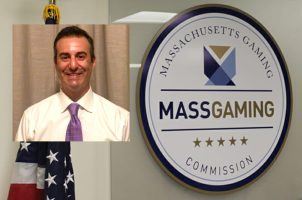
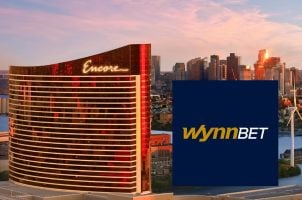
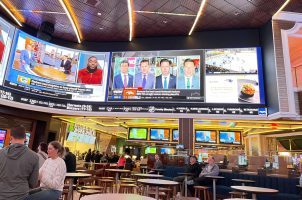
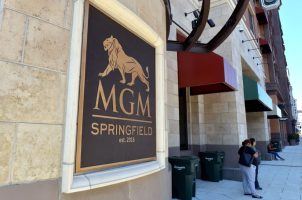












No comments yet